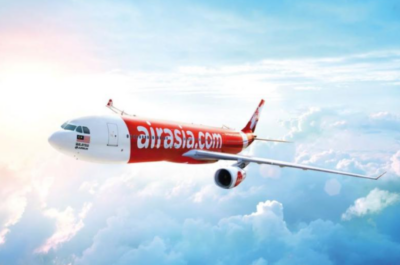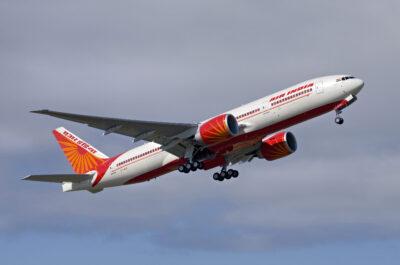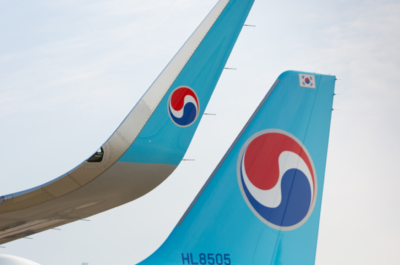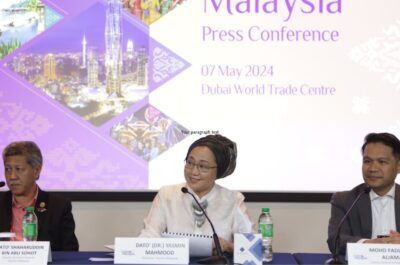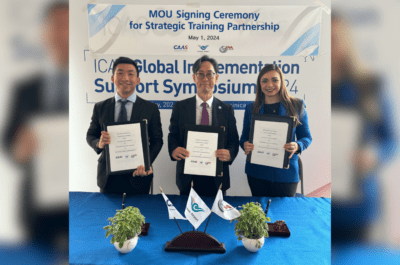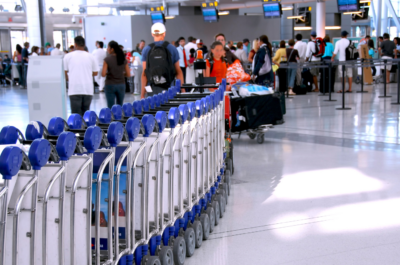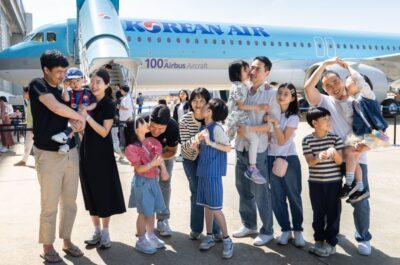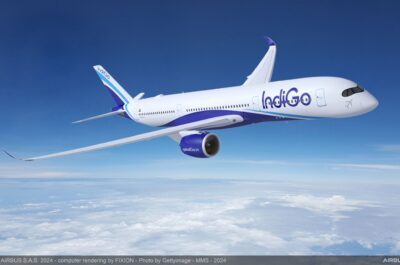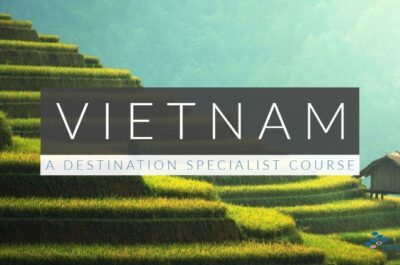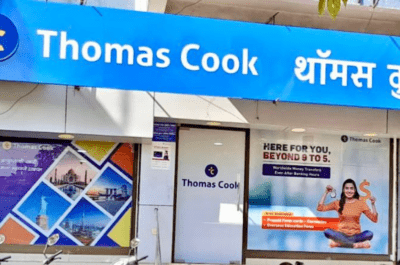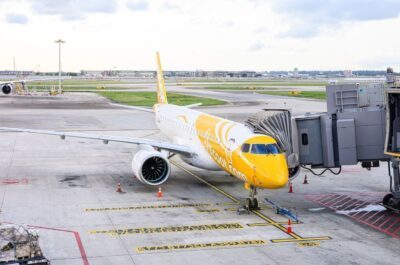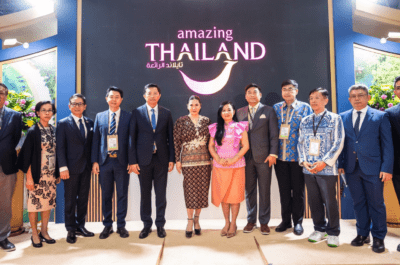…
In a wide-ranging and frank assessment of the future of the global aviation industry, Qantas CEO, Geoff Dixon, stated the fuel price “emergency” may be the catalyst for an accelerated push towards industry globalisation. Dixon will be retiring from his role as CEO sometime in the next year and rumours abound that a successor has been chosen.
In his 2,750 word speech, Dixon spent just over 400 words on the fuel price issue – in which he predicted the world’s airlines would slash 100,000 jobs this year. But he spent over 700 words on the issue of regulatory reform of the industry that could create a “new world order” characterised by (1) a few, very large global airlines with a portfolio of interests, (2) niche airlines with specialist offering and (3) powerful, government-backed airlines, particularly from the oil rich states. He believes this will unfold over the next five to 20 years.
Dixon’s guarded optimism on regulatory reform is grounded in the first phase of the EU-US open skies agreement that came into force in Mar-08. He said the second stage negotiations regarding investment liberalisation is the issue “everyone is watching” and noted there are signs that the US “may be at last be prepared to accept airlines from Europe – and potentially other countries – based on their “principal place of business” rather than their ownership”.
Dixon’s assessment that this would be a “groundbreaking development” is an understatement. It would be a seismic, earth-shattering event that forever transforms aviation.
But the Qantas CEO’s view on the end result is instructive:
“Over time, consolidation will transform aviation. It will produce a few, very large and extremely efficient global airlines with a portfolio of interests and brands – like Air France and KLM. These players will have enormous power in marketing, in fuel buying and hedging, in aircraft purchasing, and in reach. There will still be niche airlines with specialist offerings – whether for business or leisure travellers – but these will need to be run very skilfully, and any weakness will lead to a quick death. And there will also remain those powerful, government-backed airlines, particularly from the oil rich states. These governments will continue to use aviation services as instruments of national economic development”.
Dixon expects all full service airlines to segment their businesses and focus on core activities, as “no airline will be able to prop up its inefficient catering company, or freight business, or engineering function. Competition will be too tough, and the alternatives will be too attractive”.
Global alliances are also seen as an integral part of the future aviation landscape. Dixon stated that globally competitive networks will be as important to success as competitive product for full service airlines, noting that Qantas had engaged in a form of “virtual consolidation” by now offering 125 routes by partner airlines – 55% more than five years ago.
But the foundation of Dixon’s new world order vision is strong, global aviation brands. He said the Qantas two-brand strategy had given the Group the flexibility to meet the needs of a wide range of customers while better aligning costs, revenues and product offerings in individual markets. As a result, Jetstar was poised to become a pan-Asian brand, which Dixon described as a “huge opportunity”.
The competitive outlook among premium airlines is only going to get “fiercer” according to Dixon, and the cycles of innovation will turn more rapidly.
By 2020, Dixon expects “many more” airlines will disappear, either unable to cope with “permanently” higher fuel costs, or be swallowed up in takeovers or mergers. He said, “the industry structure will be on a global scale, and focused on maximum cost constraint and efficiency”.
But says Dixon, overall, it is fuel that will be the major determinant of the size of the industry going forward.
Vicky is the co-founder of TravelDailyNews Media Network where she is the Editor-in Chief. She is also responsible for the daily operation and the financial policy. She holds a Bachelor's degree in Tourism Business Administration from the Technical University of Athens and a Master in Business Administration (MBA) from the University of Wales. She has many years of both academic and industrial experience within the travel industry. She has written/edited numerous articles in various tourism magazines.















